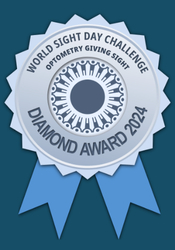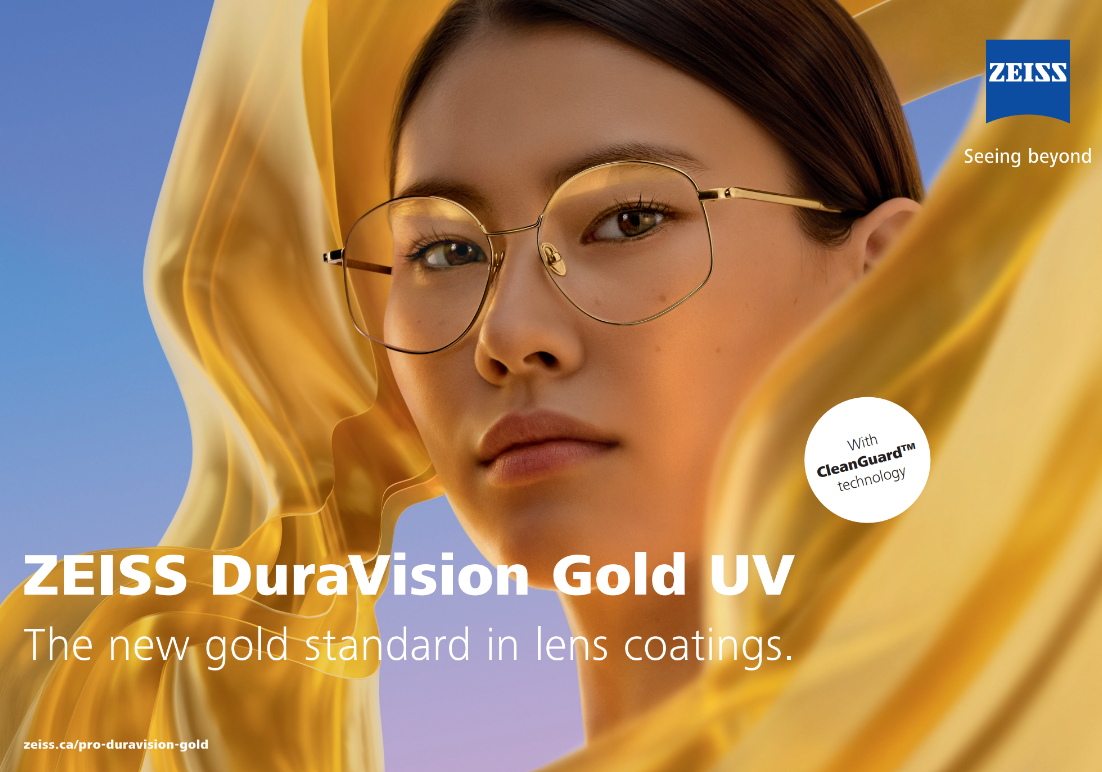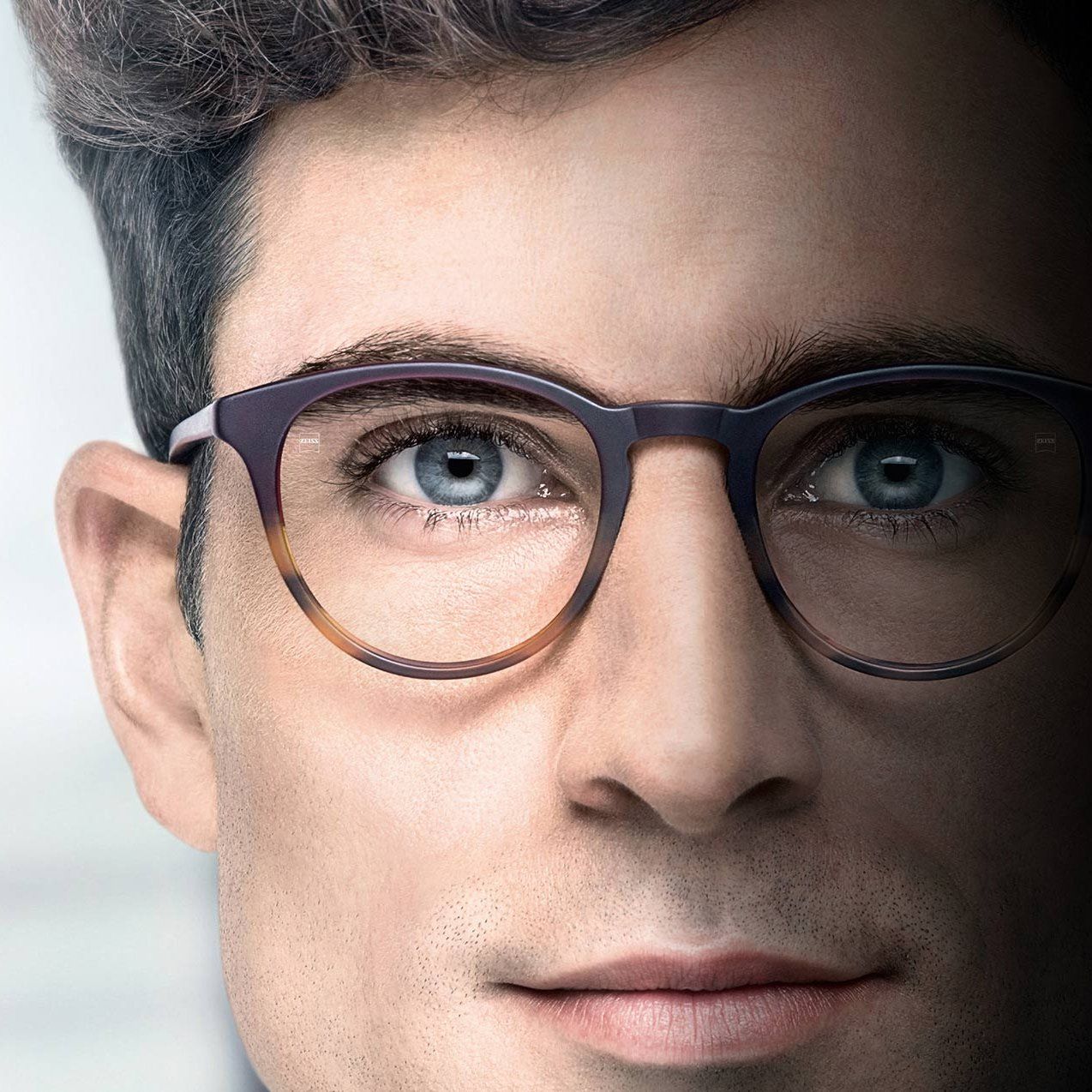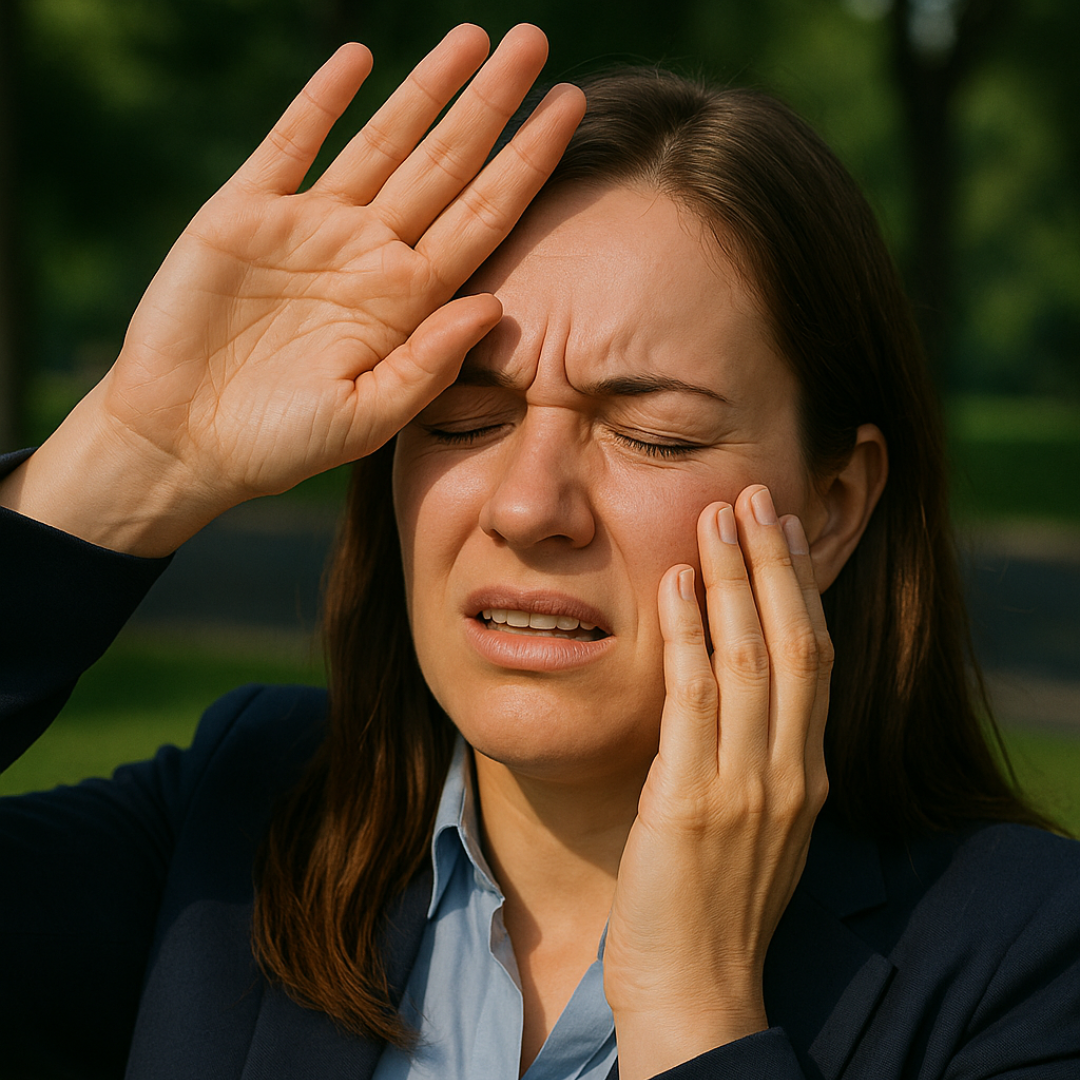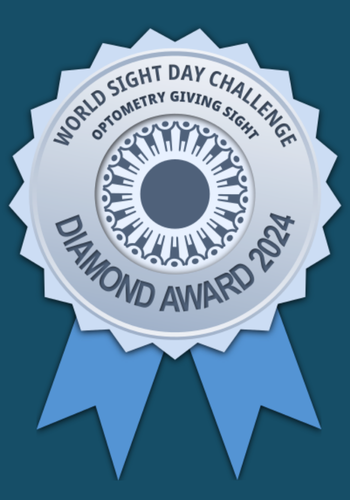SEVEN THINGS THAT HAPPEN TO OUR EYES AS WE AGE
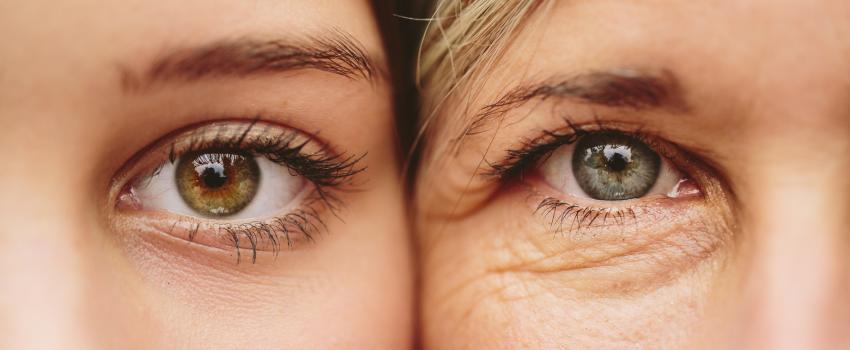
We all know the joke about “arms getting shorter” as we get older. Why does this happen, and what other things can we expect with the passing of time?
Starting about mid-40’s, we start to have more trouble with tasks like reading. This is due to a loss of flexibility of the lens, a process which continues, gradually, until about our early ‘60’s.
Here are 6 other ways our eyes change as we age:
- Change in colour perception. The colour-sensitive cells in the back of our eyes slowly lose function over time. This causes us to perceive colours less vividly and brightly.
- Increasing trouble with changing light levels. Due to age-related processes on the retina (light sensitive layer at the back of our eyes) our vision will have more trouble adapting when coming indoors from a bright outdoor environment, or as the sun sets at dusk.
- Dryness of the eyes. Several different processes occur to change our eye’s ability to produce (and keep) a normal level of tears on the front of our eyes, leading to symptoms of dry eye disease – burning, itching, grittiness/scratchiness, and even excessive watering and blurring of vision.
- Need more light… Changes in our eyes such as decreasing pupil size cause us to require more light to see well. This means we may need to crank up the screen brightness on our computers, go to the next brightest notch on our desk lamp and/or wait until daylight hours to do our reading.
- …But not too much! Usually due to changes to the lenses in our eyes, increased glare intolerance is very common in older individuals. This can make tasks such as night driving challenging as we go from too bright (oncoming headlights) to not bright enough.
- Eye disease. The risk of vision loss from eye disease increases as we age. Cataracts, glaucoma and macular degeneration are 3 of the most common conditions putting us at risk. Many eye diseases cause no symptoms in their early stages and can only be detected during an annual eye health assessment by a qualified practitioner.
If this all sounds a bit depressing, take heart that advances in technology and increased public awareness about the importance of routine eye health checkups give us many options to deal with these challenges. Our ability to prevent vision loss and improve quality of life through proactively treating these conditions has never been greater.
- Dr. Tom Wilk

